Internships
We invite to conduct research in the form of internships. Due to the nature of the research, we prefer internships from 2 weeks to 3 months. The research group provides access to research equipment and most of the reagents. We do not cover the costs of stay and travel, so we encourage you to apply under internship programs (e.g. Erasmus+). We are open to research topics suggestions. In order to apply, please contact przemyslaw.niedzielski@amu.edu.pl to agree on the details.
Previous internships:

30. Quoc Huy Tran, University of Tartu, Estonia, Master’s programme Excellence in Analytical Chemistry, international Erasmus Mundus programme, project: Spectrometric techniques in determination of elemental compositions of environmental samples, 2025, 2 weeks.

29. Thi Hanh Nguyen, University of Tartu, Estonia, Master’s programme Excellence in Analytical Chemistry, international Erasmus Mundus programme, project: Spectrometric techniques in determination of elemental compositions of environmental samples, 2025, 2 weeks.

28. Practice in the profession of analytical technician for students of Technical School No. 19 named after Marszałek Józef Piłsudski in Poznań. 4 students, 2025, 1 month.
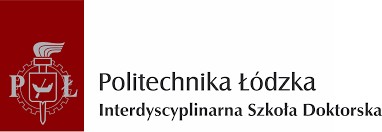
27. Julia Cegielska, Doctoral School of Lodz University of Technology, Project: Hybrid mutual chemical interaction in plants triggered by environmentally significant silica compounds, 2025, 2 weeks.

26. Michał Pilaszkiewicz, Department of Mineral Deposits and Economic Geology, Faculty of Geology, University of Warsaw, Poland, Project: Mineralogical and geochemical characterization of Fe-Mn nodules from the Baltic Sea and their potential as a critical raw material, 2024, 2 weeks.

25. Jacek Staszewski, Department of Genetics and Cell Physiology, Faculty of Biological Sciences, University of Wrocław, Poland, Project: Characterization of proteins involved in the accumulation and detoxification of antimony compounds, Application, 2024, 2 weeks.

24. Mateusz Telążka Department of Physical Geography, Institute of Geography and Regional Development, Faculty of Earth Sciences and Environmental Management, University of Wrocław, Project: Spatial-temporal trends of pollution from various sources and their accumulation in annual tree growth rings in SW Poland, 2024, 2 weeks.

23. Gabriel Prohaska Bighett, Universidade Federal do Rio de Janeiro Brasil, project: Concentrations of trace elements for two populations of seabird species: Santana Archipelago and Archipelagos of Saint Peter and Saint Paul. 2024, 4 weeks.
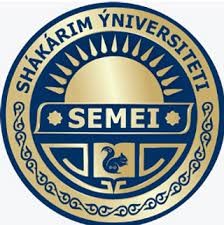
22. Akimzhanova Khafiza, Shakarim University, Semey, Kazakhstan, Research topic: Development of methods for isolating biologically active components of medicinal mud from the North-Eastern region of Kazakhstan. 2024, 6 weeks.

21. Jacek Staszewski, University of Wrocław (Department of Genetics and Cell Physiology, Faculty of Biological Sciences), Poland, Project: Characterization of proteins involved in the accumulation and detoxification of antimony compounds, 2024, 3 weeks.

20. Agnieszka Pasieka, Institute of Nuclear Physics, Poland, Project: Increase of toxic elements in the human body and the environment over the last 100 years, 2023, 2 weeks.
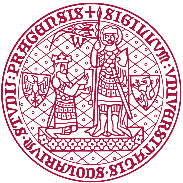
19. Jan Volf, Univerzita Karlova (Faculty of Arts, Department of Archaeology), Prague, Czech Republic, Project Erasmus+: Spectrometric techniques in determination of elemental composition of archaeological ceramic samples, 2023, 2 months.
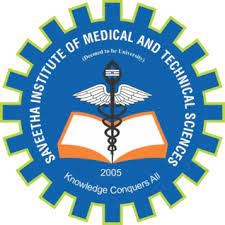
18. Thirumurthy Kannan, Saveetha Institute of Medical and Technical Sciences, Chennai, India, Volunteer Post-doc Internship, 2023-2024, 6 months.

17. Alfira Nurzhankyzy Sabitova, Shakarim Semey University, Kazakhstan, “Bolashak” International Scholarship of the President of the Republic of Kazakhstan: Arsenic speciation studies in plant tissues using hyphenated analytical systems in context of phytoremediation, 2023-2024, 1 year.

16. Michał Janeda, Politechnika Poznańska, Polska, Project PP: Metals Determination after Pre-concentration on Nanomaterials using Microwave Induced Plasma optical Emission Spectrometry, 2022, 2 months.

15. Markéta Procházková, Faculty of Science, Masarykova Univerzita, Czech Republik, Project Erasmus+: Spectrometric techniques in determination of elemental compositions of environmental samples, 2022, 2 months.

14. Mantas Valančius, Lietuvos Istorijos Institutas Vilnius, Lithuania, Project LII: Archaeometric studies of pottery, 2022, 2 months.
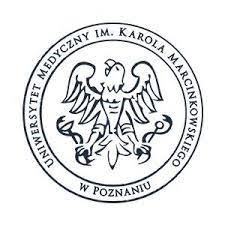
13. Dominika Sikora, Department of Environmental Medicine, Uniwersytet Medyczny w Poznaniu, Poland, Project UMP: Elemental analysis of biological samples, 2022, 3 months.

12. Chintankumar Padariya, Department of Analytical Chemistry, Politechnika Gdańska, Poland, Project PG: Selenium speciation studies in food samples: preparation and certification of certified reference material, 2022, 2 weeks+2 weeks.

11. Ondřej Zvěřina, Faculty of Medicine, Department of Public Health, Masarykova Univerzita, Czech Republik, Project Erasmus+: The practical aspects of using spectrometric analytical techniques (ICP OES, ICP MS) in analysis of various samples, 2022, 2 weeks.

10. Mohammed Hadi Hasan Yahya Hamzah, Faculty of Engineering Department of Chemical Engineering Mersin University, Turkey, Project Erasmus +: Spectrometric techniques in determination of elemental compositions of environmental samples, 2021, 3 months.
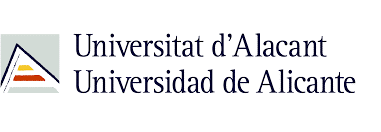
9. Raquel Serrano, Analytical Chemistry, Nutrition and Bromatology Department, Universidad de Alicante, Spain, Project UA: Matrix effects in plasma atomic emission spectrometry in determination of the selected elements by Microwave Induced Plasma Optical Emission Spectrometry (MIP-OES) and Inductively Coupled Plasma Optical Emission Spectrometry (ICP-OES), 2018, 3 months.

8. Roberto D’Amato Department of Agricultural, Food and Environmental Sciences, Università degli Studi di vPerugia, Italy, Project Erasmus+: Metals and metalloids speciation and sample fractionation study, hyphenated techniques for speciation analysis, 2018, 1 week.

7. Roberto D’Amato Department of Agricultural, Food and Environmental Sciences, Università degli Studi di Perugia, Italy, Project Erasmus+: Study of metal extraction methods, support for instrumental chemical analysis with ICP OES, 2017, 2 weeks.
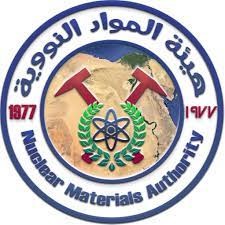
6. Karem Abdelazim Gaber Mahmoud, Nuclear Materials Authority, Egypt, Project: EGY/15029 International Atomic Energy Agency Vienna International Centre 1060242: Separation and estimation of Valuable Rare Metals During Uranium Ore Processing in the Eastern Desert, 2016, 1 month.

5. Roberto D’Amato Department of Agricultural, Food and Environmental Sciences, Università degli Studi di Perugia, Italy, Project Erasmus+: Biofortification of plants with selenium, 2016, 2 weeks.

4. Islam Mohamad Abd El Hay Abd El Latif, Nuclear Materials Authority, Egypt, Project: EGY/15018 International Atomic Energy Agency Vienna International Centre 1060242:22 Separation and estimation of Valuable Rare Metals During Uranium Ore Processing in the Eastern Desert, 2015, 1 month.

3. Agnieszka Kosik, Instytut Technologii Mikrobiologicznych, Turek, Polska, Project ITM: Microwave induced plasma optical emission spectrometry in trace elements determination in environmental samples, 2015, 2 weeks.

2. Anas Eldosouky, Egipt, SERP-Chem and Erasmus Mundus, M.Sc. Project: Rare Earth’s Elements determination by Microwave Induced Plasma Optical Emission Spectrometry (MIP-OES) and Inductively Coupled Plasma Optical Emission Spectrometry (ICP-OES) in geological samples, 2015, 6 months.
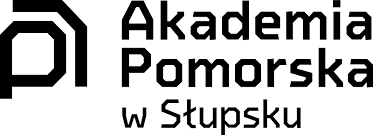
1. Katarzyna Bigus, Department of Environmental Chemistry, Akademia Pomorska w Słupsku, Polska, Project AP: Seasonal distribution of metals in vertical and horizontal profiles of sheltered and exposed beaches on Polish coast, 2013, 2 months.
